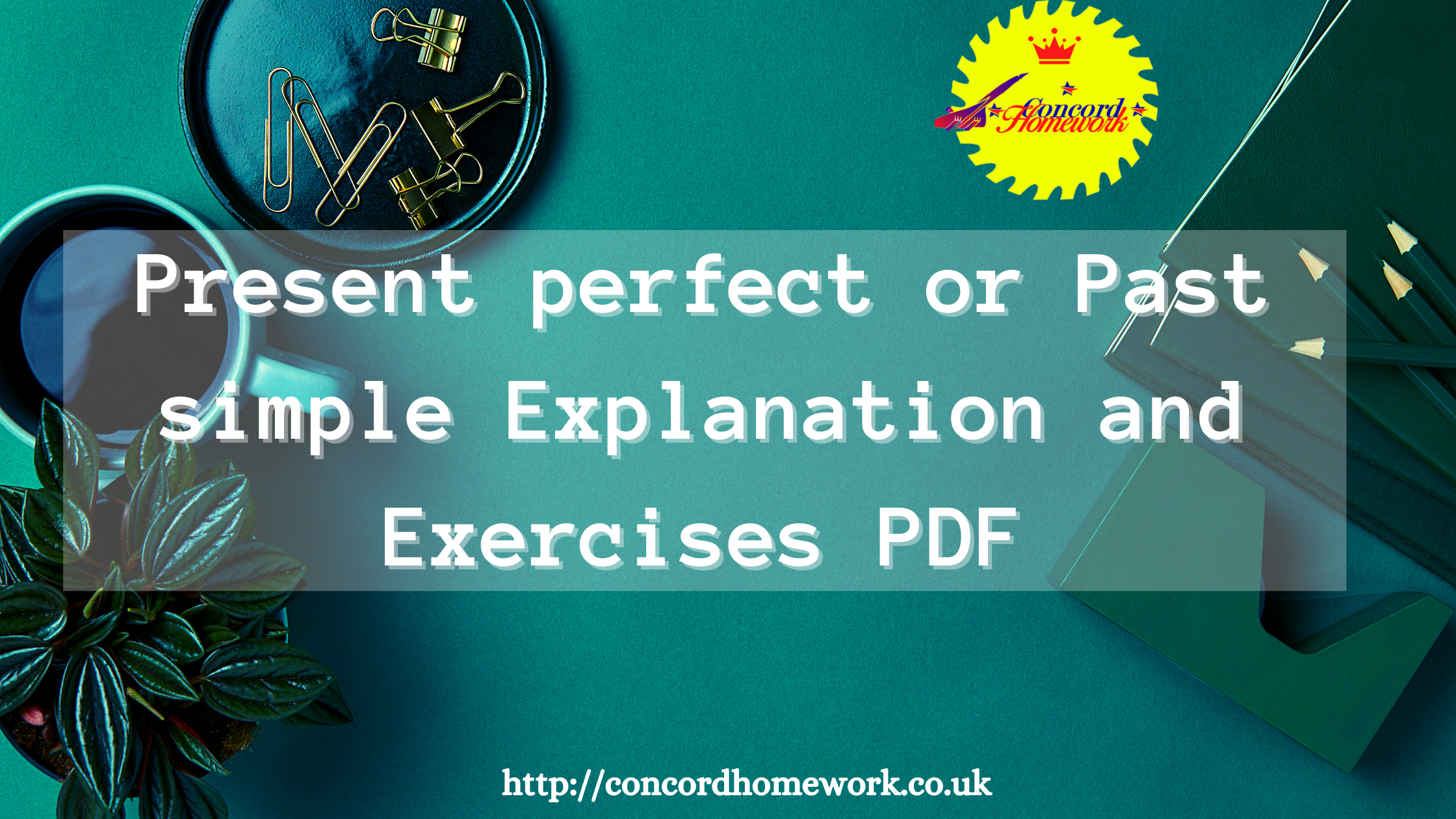Present perfect or past simple?
1 Use the present perfect to talk about recent events or
a past event which the speaker feels s is connected with
the present.
Certain n time expressions are common with this use
of the present perfect. These include already, yet,
just, ever, never, before.
I haven’t eaten yet. (= I’m hungry now.)
Has he left? (= He isn’t here now.)
2 Use the past simple to talk about a finished action.
Certain n time expressions may be used with the past
simple. These include yesterday, last week, ago, then,
when, in + year.
In the 1980s, computers were large machines.
When did Jaap Haartsen invent Bluetooth?
3 Use the present perfect to talk about an event or
situation n which began in the past and continues now.
We often use time expressions with since and for with
this use of the present perfect, e.g. for a week, since
yesterday, for a long time, since 2004, and ask questions
with How long?
How long have you worked at the British museum?
I’ve worked there for ten years.
4 The choice of the past simple or present perfect can
sometimes depending on the point of view of the speaker,
or on the context.
I didn’t see Emily this morning. (The speaker is talking
at the end of the day and this morning is finished.)
I haven’t seen Emily this morning. (The speaker is
talking in the morning – this morning is still going on.)
Download “Present perfect or Past simple Explanation and Exercises PDF”.
Download “Present perfect or Past simple Explanation and Exercises PDF” Quiz in PDF.
“Thank you for taking the time to explore this topic with us! We hope you found the information helpful and insightful. Have any thoughts, questions, or additional examples to share? We’d love to hear from you in the comments below!
Don’t forget to spread the word by sharing this blog with your friends, family, and colleagues. Together, let’s continue to learn, grow, and connect with the world around us. Happy reading and sharing!”




















